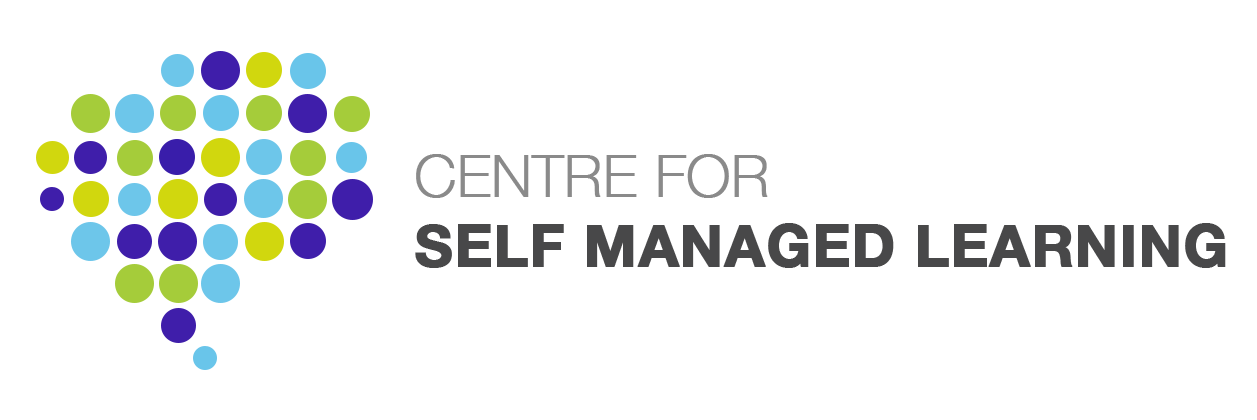10 Sep Lifelong learning is not an interesting option – it’s a central necessity
Introduction
We are living in a time of transition and the old view, that after schooling or vocational training the development of ability is due to ‘experience’, remains a significant influence on how people often think of learning. Basically, that view does not recognize learning. The assumption is that ability is gained, through experience, by a sort of osmosis. Today, what is gained from experience is seen as being gained through a process of learning. That focus on learning enables us to consider the variety of ways in which learning may be approached, and to make our choices among them. The big difference is that while our gaining experience ‘just happens’, we can take control of our own learning.
[member]
The idea that learning is a continuous, lifelong, process has moved into the foreground at the same time as the world has moved further into the Information Age, and as we discover what this means for us all. From our perspective today, we can see that the more unchanging the world (and we have to go back a long way to find a static and stable society) the less importance will be given to lifelong learning. Today there is little in the social world that we can look at where continuous learning is not central.
Benefits of the idea
Because lifelong learning is a powerful idea, and is given currency by national and international initiatives, it can be usefully adopted by those who advocate learning. It can support almost any focus on learning, and can therefore be invoked by anyone wishing to position a learning initiative within their organisation. The basic concept that learning needs to continue throughout life is hard to deny in today’s world, leaving those who, for whatever reason, do not wish to follow through on its implications with only the option of ignoring it.
The value of the concept of lifelong learning is that it carries within it the exhortation to us all that we each need to be learning all our lives long. That is a powerful message, bringing us to the questions of what we need to learn and how we will go about it.
Possible limitations of the idea
The limitations of the phrase and concept lie, as does its value, in the fact that lifelong learning advocates learning, alone, without pointing toward any particular way of going about learning. In consequence, the phrase can be used as justification for instituting ‘learning days’ in the workplace. Typically, this means quite conventional educational or training events which, in addition to the inherent limitations of such approaches, carry the unfortunate implication that learning is something which is done on one special day of the week. In other words, such activities fly against the whole idea that learning is linked with life; it is not just a matter of learning continuing throughout the lifespan, perhaps in the guise of serial evening classes in hobbies, but that learning should be seen as being a natural part of the process of life. It is not a separate activity in which you go out of working and into learning. We might step aside from our work in order to engage in a learning activity but it is our work that provides the focus for our learning and our learning is a way of working on our work.
My experience
Given what I have said about lifelong learning, I need to exemplify the way I have tried to practice what I preach (as a development consultant). Ten years ago I was still working in a major financial services organisation and I had the good fortune to go on a Self Managed Learning (SML) programme. In this programme I was introduced to two key ways of pursuing my lifelong learning. The first of these was the use of learning contracts. In my learning contract I did not just identify skills I needed for my current role; I also set goals in relation to my career and more broadly the lifestyle that I wanted.
The other structure that has been of continuing benefit to me has been the use of a learning group. I met with five other senior managers over the life of the SML programme and then most of us continued to meet after the formal programme had finished. The learning group was where I agreed my learning contract and where my colleagues helped me to achieve specific learning goals. The key issue in a learning group is the balance of support and challenge. Just having a support group would not have been enough; I welcomed the challenges that my colleagues threw out as they kept me on track.
When I left my employers I decided to balance my work between development consultancy and running an alpaca business (I breed alpacas and sell their fibre). This combination may seem strange but it suited the lifestyle that I wanted to lead. And in setting up the alpaca business I had to create a new learning contract that included new skills that I needed to run the business as a real business (and not just a hobby). These skills included selling, promotion and marketing – my animals may be wonderful but that’s no use unless others know about this and are prepared to buy.
In continuing with crafting new learning contracts over the last ten years I have also benefited from the support and challenge of others. At present I have a kind of buddying relationship with another development consultant. We each have learning contracts and we meet up regularly, though we often resort to email and phone contact in between meeting up. For me the two processes – of contracting and working with others – are crucial in assisting me to be a lifelong learner. Just expecting learning to happen or relying on training courses is not the answer. I have used a wide range of learning methods to support my learning goals including the Internet, reading, observing others, working with challenging and interesting teams, carrying out stretching projects and so on. The methods that can be used are potentially limitless.
Conclusion
Lifelong learning is not an interesting option – it’s a central necessity. I could not do my consulting in organizations effectively unless I kept learning.
Liz Barlow
[/member]

